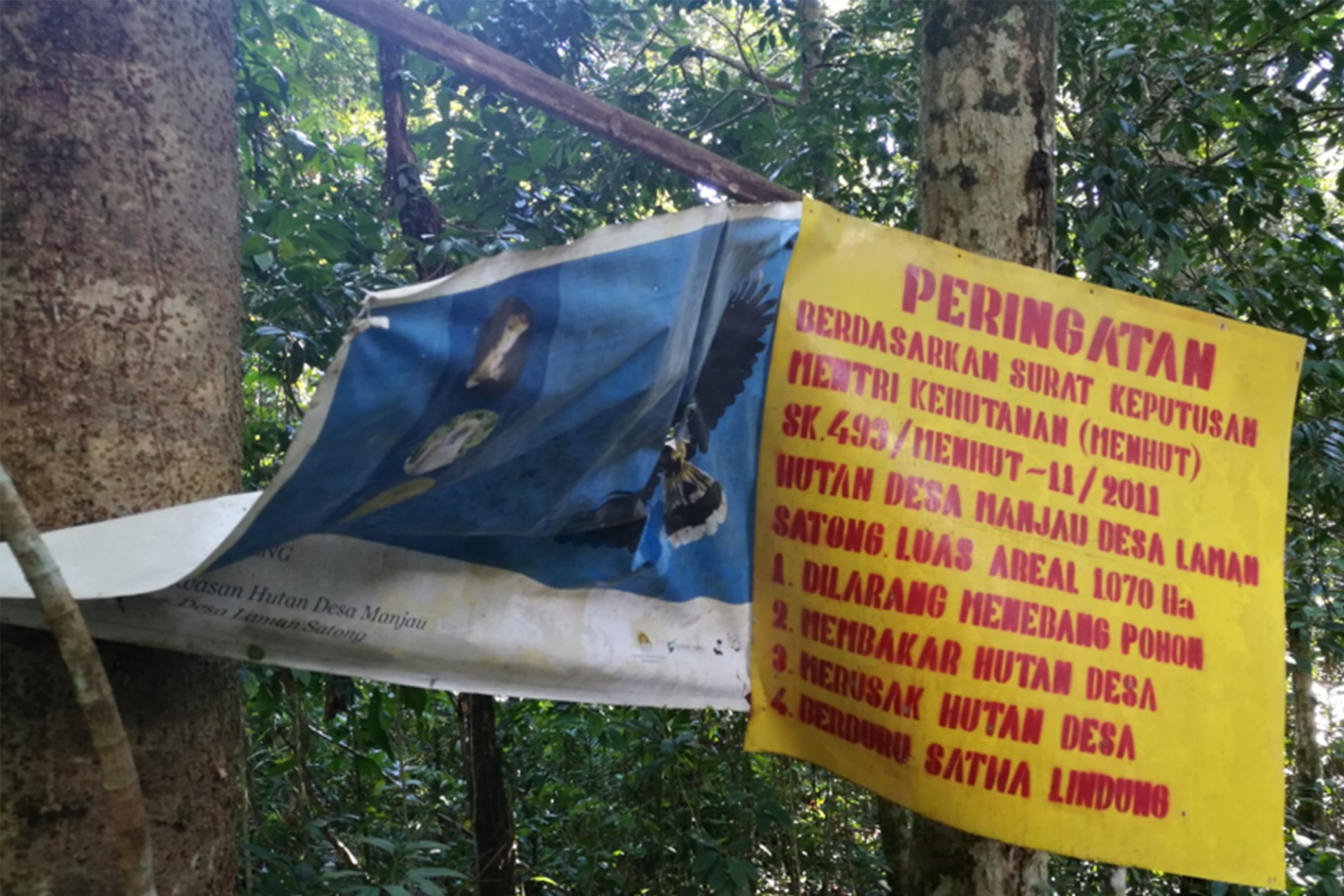These reforms support human rights and are a very positive step in alleviating poverty. Yet, counter-intuitively they could also exacerbate environmental problems in some areas. If forests continue to be lost or degraded under community forest management, the governments’ bid to improve rural livelihoods risks compromising the very ecosystems and biodiversity on which its people depend. This also jeopardizes Indonesia’s international biodiversity commitments and sustainable development goals under the CBD (Convention Biological Diversity) and UNFCCC (United Nations Framework Convention on Climate Change). There is an urgent need to strengthen the land-use planning system with scientific data important for sustainable management.
By producing spatial datasets, developing case-studies with local people, and working with Indonesian scientific and advocacy organisations, we the MEPS programme aims to improve the capacity of local governments of Kalimantan to better incorporate environmental and developmental needs into their spatial land-use planning and commitments for forest protection.

